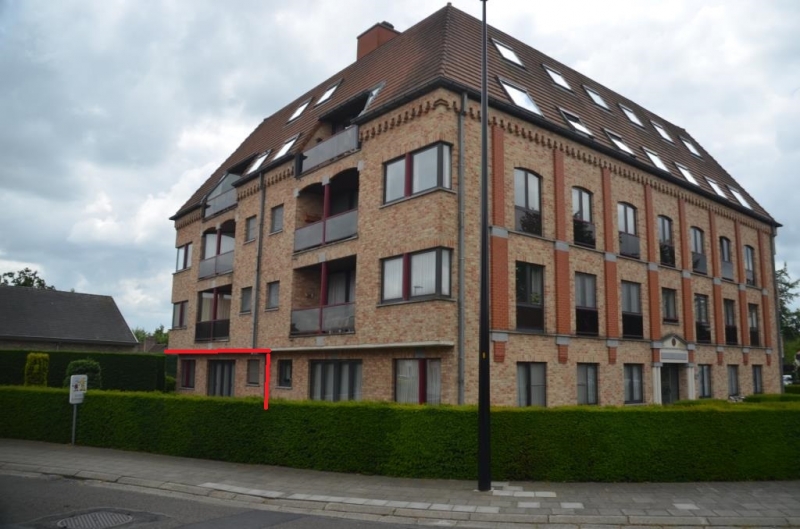Why not consider buying ground rents?
These are often freehold (or perhaps head leasehold) interests in buildings which are arranged as flats, those flats having been sold off on long leases. You receive a modest but very secure income stream – and often with added benefits. Depending on these benefits, and possible angles for added value, ground rents can trade for 20 to 30 times the rent (often referred to as 20 to 30 years’ purchase – or YP) so yielding 3.3% to 5% pa. Modern ground rents will often rise (usually doubling) every 25 or 33 years. And the income is generally pretty secure – if a lessee stacks up over £350 in arrears, or fails to pay three years running, the landlord is entitled to take action for forfeiture of the lease (although a court will grant relief if arrears are paid). But remember – the ground rent is only payable if demanded. So hands on management is key.
What are the angles?
If leases provide for the landlord to insure the building, there may be an opportunity for cover to be placed through the investor’s brokerage and further income earned by way of commission. Contributions from lessees would then be recovered by way of the service charge.
Similarly, if the landlord manages the block himself, then he is entitled to charge the lessees a reasonable fee for doing so – assuming that he wants to spend his own time on this. If the lessees want control however, the law allows them to take over the management via a Right to Manage company or RTM (under the Commonhold and Leasehold Reform Act 2002).
Leases are depreciating assets. As they grow shorter, their value diminishes – and so the value of the freehold improves. Leases having less than 80 years to run are generally considered to be difficult to sell. Lenders in particular don’t like them as mortgage security. It’s at this point that a freeholder will be able to sell a lease extension – and maybe even negotiate an increase in the ground rent in the process.
Read the leases before buying. They may reveal hidden value. For example, if roof spaces or lofts have not been sold off, there may be potential to develop penthouses (subject to planning permission). Or perhaps there is a porter’s flat but no requirement for the landlord to provide a “resident” caretaker. By providing caretaker’s services off site, the landlord may still be fulfilling his obligations whilst creating an opportunity to let or sell an additional unit.
As with all property investment, homework is so important. If you’re new to this, the best advice is to get advice.
–RIGHTMOVE

